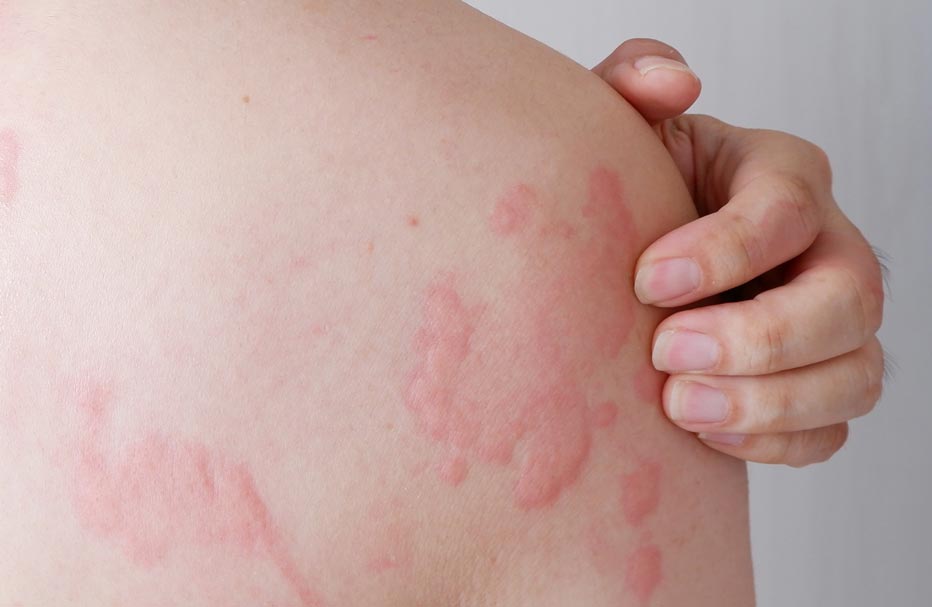Advertisment
FDA accepts resubmission of sBLA for Dupixent (dupilumab) for chronic spontaneous urticaria.- Regeneron + Sanofi

Regeneron Pharmaceuticals, Inc. and Sanofi announced that the FDA has accepted for review the resubmission of the supplemental Biologics License Application (sBLA) for Dupixent (dupilumab) to treat adults and pediatric patients aged 12 years and older with chronic spontaneous urticaria (CSU) whose disease is not adequately controlled with H1 antihistamine treatment. The target action date for the FDA decision is April 18, 2025.
The resubmitted sBLA is supported by data from the multi-trial, LIBERTY-CUPID Phase III clinical program (Study A, Study B, and Study C) for Dupixent in CSU. The sBLA adds results from Study C, which was conducted in patients with uncontrolled CSU who were on standard-of-care antihistamines. Study C, the second LIBERTY-CUPID pivotal trial in biologic-naïve patients, met its primary and key secondary endpoints confirming results seen in the previous Study A. Results showed Dupixent significantly reduced itch and urticaria activity (itch and hives).
Safety results in all LIBERTY-CUPID Phase III trials were generally consistent with the known safety profile of Dupixent in its approved indications. Adverse events more commonly observed with Dupixent (≥5%) compared to placebo were injection site reactions and COVID-19 infection.
About Chronic Spontaneous Urticaria (CSU); CSU is a chronic inflammatory skin disease driven in part by type 2 inflammation, which causes sudden and debilitating hives and recurring itch. CSU is typically treated with H1 antihistamines, medicines that target H1 receptors on cells to control symptoms of urticaria. However, the disease remains uncontrolled despite antihistamine treatment in many patients, some of whom are left with limited alternative treatment options. These individuals continue to experience symptoms that can be debilitating and significantly impact their quality of life. More than 300,000 people in the U.S. suffer from CSU that is inadequately controlled by antihistamines.





